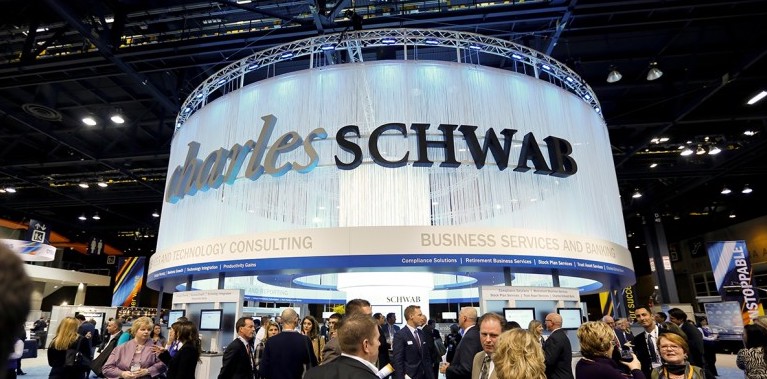The following is an excerpt from an interview that appeared in Investments & Wealth Monitor (IWM March/April 2017 issue) and was part of an original interview at the Schwab IMPACT Conference in October 2016:
IWM: There has been a lot of attention on the various automated advice offerings. How did you evaluate the offerings and what was the motivation behind pursuing an automated advice management platform and what other services are part of your offering?
Philip Kessler: My partner and I, as we were thinking about putting together our partnership, looked at automated investing as where the industry is going, as in: “We don’t have a choice. You’re either going to integrate this or you’re going to get left behind.”

So we looked at it and said, “It has to be a large component part of the firm.” We do some client segmentation, but we use automated advice for anything under $2 million, and then we layer on the financial planning. That’s a retainer to have access to the financial planning. Just a little different approach.
SWS Partner’s construct is a little different in that we don’t use any funds. We either have exchange-traded funds (ETFs) or individual shares of stock. So when we look at a private client, typically we’re utilizing individual stock portfolios. We’ll go out and curate private equity and real estate deals.
Originally we priced it at 50 basis points. Then we came to the conclusion that we wanted it to be the same integration with the firm no matter what platform you were on, whether it was financial planning or whether it was service or whether it was access to anything else that we do to just have no difference, no matter whether you were on what we call SWS Direct or whether you were a private client. So same service team, same financial planning team.
We actually raised the fee to 5 basis points for two reasons: one, because we were putting forth our service team, but two, we looked at the marketplace and realized that the independents, whether that’s a Betterment or Wealthfront, had created a race to the bottom. They were commoditizing a commodity, and we just didn’t want to be there. We wanted to make sure that people understood that they were getting more sophisticated and needed direct access to a human being. So we raised the fee.
This excerpt may have been slightly edited for content, length and clarity. You may read the interview in its entirety by clicking here.